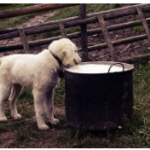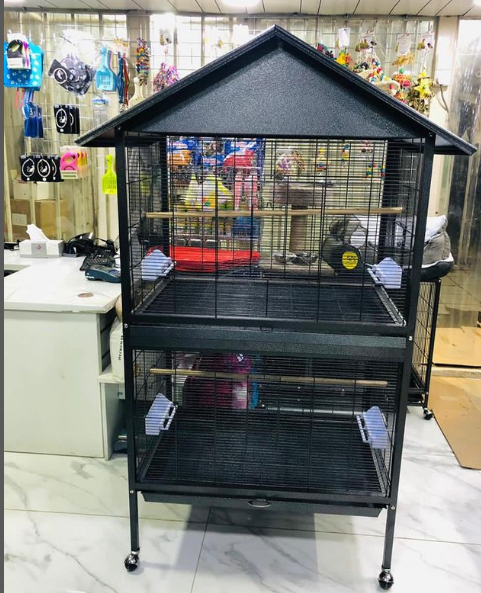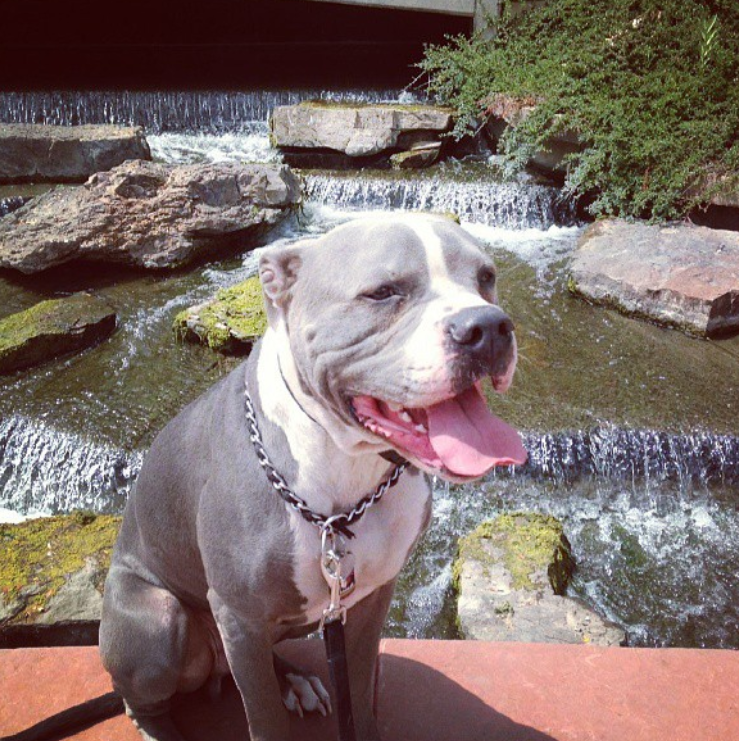Human Foods to Share with Dogs
Dogs are family members, and we naturally want to share our food. However, it is essential to know that not all human foods are safe for dogs. Some foods can be toxic to dogs, while others can cause stomach upset or other health problems.
Safe human foods to share with dogs
Several human foods are safe to share with your dog in moderation. These include:
- Fruits and vegetables: Many fruits and vegetables are safe for dogs to eat, such as apples, bananas, blueberries, carrots, celery, green beans, and watermelon. Remove any seeds or pits, and cut the food into small pieces to prevent choking.
- Cooked meat and poultry: Cooked meat and poultry are a good source of protein for dogs. However, it is essential to avoid giving your dog raw or undercooked meat, which can contain harmful bacteria.
- Fish: Fish is another good source of protein for dogs. However, choosing fish low in mercury, such as salmon, tuna, and cod, is essential. You should also cook the fish thoroughly before feeding it to your dog.
- Dairy products: Dairy products, such as yogurt and cheese, can be a good source of calcium and other nutrients for dogs. However, giving your dog dairy products in moderation is essential, as too much can cause stomach upset.
- Eggs: Eggs are a good source of protein and other nutrients for dogs. You can feed your dog eggs cooked or raw, but it is essential to avoid giving them raw eggs if they have a weakened immune system.
- Peanut butter: Peanut butter is a popular treat for dogs, but it is essential to choose peanut butter that is unsalted and unsweetened. Xylitol, a sweetener in some peanut butter, is toxic to dogs.
- Whole grains: Whole grains, such as brown rice and oatmeal, are a good source of fiber for dogs. You can cook whole grains for your dog or give them to them dry.

Human foods to avoid sharing with dogs
You should avoid sharing several human foods with your dog, as they can be toxic or cause other health problems. These include:
- Chocolate: Chocolate is toxic to dogs because it contains theobromine and caffeine. These substances can cause vomiting, diarrhea, seizures, and even death.
- Grapes and raisins: Grapes and raisins can be toxic to dogs and cause kidney failure.
- Onions and garlic: Onions and garlic can cause anemia in dogs.
- Macadamia nuts: Macadamia nuts are toxic to dogs and can cause vomiting, diarrhea, muscle weakness, and hyperthermia.
- Xylitol: Xylitol is a sweetener found in some gums, candies, and other foods. It is toxic to dogs and can cause low blood sugar, seizures, and liver failure.
- Alcohol: Alcohol is toxic to dogs and can cause vomiting, diarrhea, seizures, and coma.
- Moldy foods: Moldy foods can contain toxins that can make dogs sick.
- Salty foods: Salty foods can cause dehydration and other health problems in dogs.
- Fatty foods: Fatty foods can cause stomach upset and diarrhea in dogs.
- Spicy foods: Spicy foods can irritate your dog’s stomach and cause diarrhea.
- Artificial sweeteners: Artificial sweeteners like xylitol can be toxic to dogs.
How much human food should I give my dog?
It is essential to give your dog human food in moderation. Too much human food can lead to weight gain, obesity, and other health problems. A good rule of thumb is to give your dog no more than 10% of their daily calories in human food.
Here are some tips for sharing human food with your dog safely:
- Choose safe foods: Only give your dog foods that are safe for them. Avoid giving them foods toxic to dogs, such as chocolate, grapes, and onions.
- Cook food properly: If you give your dog cooked meat or poultry, ensure it is cooked thoroughly. Raw or undercooked meat can contain harmful bacteria.
- Remove bones: Remove any bones from meat before giving it to your dog. Bones can splinter and cause choking or internal injuries.
- Cut food into small pieces: Cut food into small pieces to prevent choking.
- Give food in moderation: Only give your dog human food in moderation. Too much human food can lead to weight gain, obesity, and other health problems.
If you are unsure whether or not a particular human food is safe for your dog, it is always best to err on the side of caution and refrain from giving it to them.


